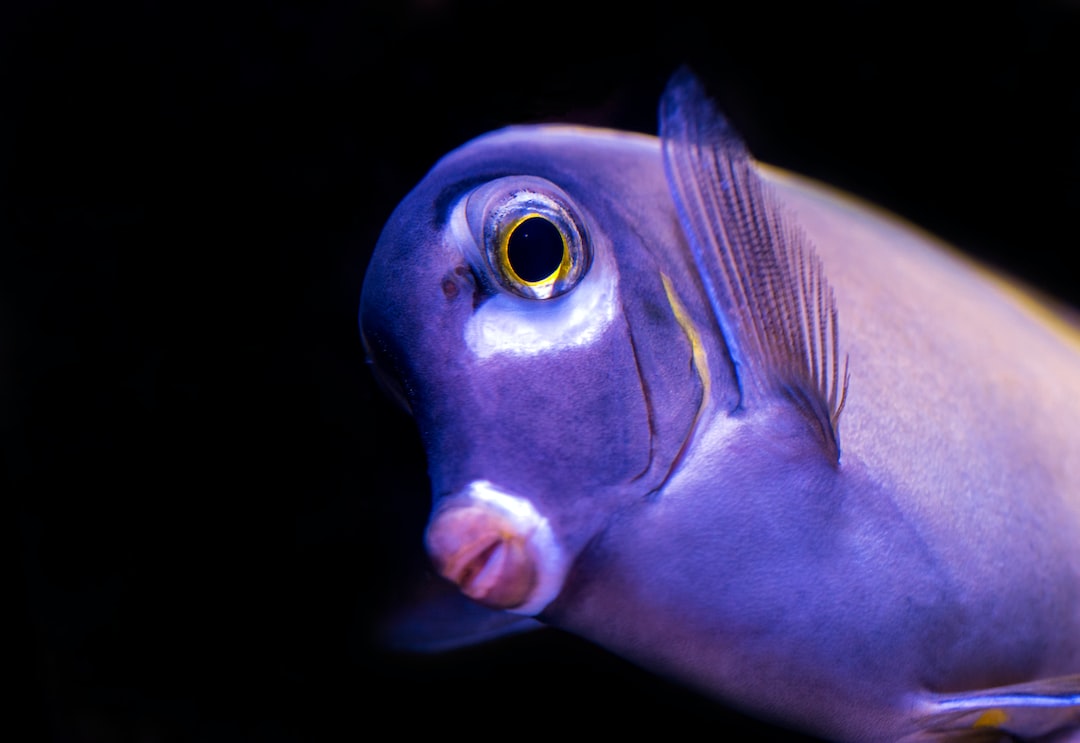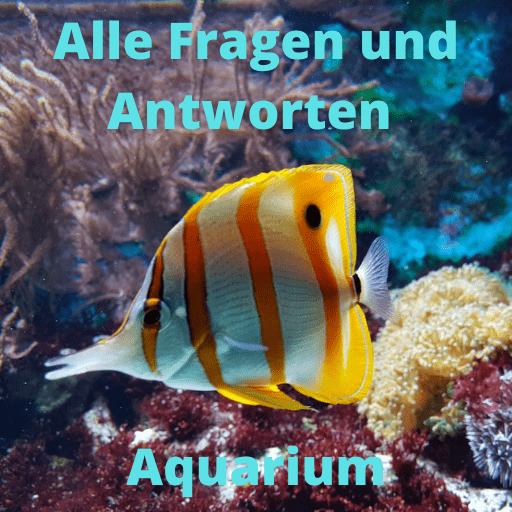22 Informative Erklärungen zu Will Ammonia Damage Plants?

- 22 Informative Erklärungen zu Will Ammonia Damage Plants?
- Is ammonia poisonous to plants?
- Does ammonia kill vegetation?
- Do plants like ammonia?
- How much ammonia is good for plants?
- How do you apply ammonia to plants?
- Can I use household ammonia as fertilizer?
- Can I pour ammonia on the ground?
- Is ammonia a good fertilizer?
- Will straight ammonia kill weeds?
- Why is ammonia not used as a fertilizer?
- Will ammonia kill ants?
- What plant absorbs ammonia?
- Can ammonia be used as a fertilizer?
- Which plants like sulphate of ammonia?
- What plants absorb the most ammonia?
- Do plants prefer ammonia or nitrate?
- Does aeration remove ammonia?
- Do plants use ammonia or nitrate?
- What should you not use ammonia on?
- Why do farmers put ammonia on their fields?
- Does ammonia promote plant growth?
Is ammonia poisonous to plants?
Ammonium toxicity damages plant roots and water-conducting (xylem) tissues. As the xylem collapses and roots are damaged, water uptake is restricted and wilting and stunting occur. Some plants may die and the marketability of surviving plants is reduced. In addition, free ammonium can reduce seed germination.
Does ammonia kill vegetation?
Yes- ammonia does kill weeds. The problem- however- is that ammonia is a non-selective weed-killer and will kill all plants it comes into contact with. Therefore- if you’ve got desirable plants in your garden or grass growing on your lawn- you might want to avoid using ammonia solutions.21.06.2020
Do plants like ammonia?
Yes, you can say that plants like ammonia because ammonia works as a fertilizer for plants. Basically, plants require nitrogen for the process of photosynthesis and create their own food and grow. Ammonia is a very good source for plants to get the nitrogen.09.07.2020
How much ammonia is good for plants?
Add 1 cup of ammonia to a 1-gallon container. Add additional ingredients as desired as part of your lawn fertilizer mixture. Examples include 1/2 cup liquid lawn food, a can of beer or 1/2 cup of liquid dish detergent to help the liquid fertilizer stick to the vegetation surface.17.12.2018
How do you apply ammonia to plants?
1:37
2:48
The best way to apply it evenly is to use a garden hose sprayer. They are available in the lawn andMore
Can I use household ammonia as fertilizer?
Household ammonia is “ammonium hydroxide” and is meant to be a cleaning agent, not a fertilizer. Though it can, if diluted many times over, be used as a fertilizer, it is more likely to burn any plant it is applied to.
Can I pour ammonia on the ground?
Ammonia is water-soluble and can be thrown down the drain. Just make sure that you pour lots of water to dilute it, and reduce its harmful effects. Make sure not to mix ammonia with other products such as cleaners. Each cleaner should be poured down the drain with lots of water, one at a time.
Is ammonia a good fertilizer?
Ammonia binds air borne nitrogen and makes the most important crop nutrient, nitrogen, available for nitrogen fertilizer production. As an important base material for fertilizers, ammonia literally helps to put our food on the table. Today, roughly 80% of the annually produced ammonia is used for fertilizer production.
Will straight ammonia kill weeds?
Theoretically, ammonia can be used as a grass and weed killer, but it’s actually dangerous to apply it in your yard.
Why is ammonia not used as a fertilizer?
Although ammonium ions are effective as fertilizer, the aqueous ammonia is toxic and can damage or kill seedlings.
Will ammonia kill ants?
Ant killers
Cleansers, such as bleach, ammonia, soap, Windex and Formula 409; Herbal and natural products, including hot pepper, chili oil, lemon and vinegar; Sprays, such as Raid, Black Flag and Hot Shot; Baits and traps, including Combat, Grant’s and Ortho Ant Kill.25.04.2001
What plant absorbs ammonia?
Best Freshwater Plants for Ammonia Absorption
Amazon swords and hornwort are the among the best plant species you can get for a freshwater tank. Java moss and other resilient plants that don’t require special lighting are also pretty good with absorption.17.01.2022
Can ammonia be used as a fertilizer?
Ammonia (NH₃) is the foundation for the nitrogen (N) fertilizer industry. It can be directly applied to soil as a plant nutrient or converted into a variety of common N fertilizers, but this requires special safety and management precautions.
Which plants like sulphate of ammonia?
Sulphate of Ammonia is a quick acting, nitrogen fertiliser which encourages leafy growth. It is especially beneficial for crops such as brassicas, lettuce, spinach, rhubarb, leeks and onions.
What plants absorb the most ammonia?
5 Air-Purifying Plants to Remove Ammonia, Plus 6 More
Rhapis excelsa (Lady Palm)
Anthurium andraeanum (Flamingo Lily)
Homalomena sp. ( Emerald Gem)
Liriope spicata (Lilyturf)
Chrysanthemum morifolium (Florist’s Chrysanthemum)
6 More Plants that Can Help You Eliminate Ammonia. Calathea vittata. Tulip “Yellow Present”
03.10.2018
Do plants prefer ammonia or nitrate?
Results from tracer studies suggest plants prefer nitrate to ammonium even though nitrate uptake and assimilation is more costly to plants.
Does aeration remove ammonia?
Aeration also reduces ammonia levels through physical means. Ammonia levels in wastewater can decrease through the process of desorption (Patoczka and Wilson, 1984). Desorption of ammonia is often referred to as stripping.
Do plants use ammonia or nitrate?
Plants use several forms of N in natural soils, and inorganic forms include nitrate, nitrite, and ammonium. Nitrate is the major form of N in most aerated soils, whereas ammonium can be a dominant form in some acidic and/or anaerobic environments (Miller and Cramer, 2004).22.12.2016
What should you not use ammonia on?
What Not to Do With Ammonia
If used for laundry, never mix it with bleach, and do not use it on silk or wool fabrics; it can eat away at the natural fibers.
Never use it on gemstone or pearls; it can break down the natural finish.
Don’t use ammonia as a floor cleaner for no-wax floors.
Weitere Einträge…•16.01.2022
Why do farmers put ammonia on their fields?
Ammonia binds air borne nitrogen and makes the most important crop nutrient, nitrogen, available for nitrogen fertilizer production. As an important base material for fertilizers, ammonia literally helps to put our food on the table. Today, roughly 80% of the annually produced ammonia is used for fertilizer production.
Does ammonia promote plant growth?
Ammonium is a major component of nitrogen fertilizer and, at low concentration, it is a preferential nitrogen source and promotes growth of most plant species [1].08.04.2013
Ich hoffe euch hat der Post zu Will Ammonia Damage Plants? gefallen.
Falls ihr mehr über das Thema erfahren wollt – klickt die Links
Interessante Links zum Thema
Wikipedia Artikel zu Aquarium
Wikipedia Artikel zu Will ammonia damage plants?




